Rio Tinto to invest $1 billion over 5 years to help meet new climate change targets
Green Car Congress
FEBRUARY 27, 2020
Mining giant Rio Tinto will invest around $1 billion over the next five years to support the delivery of its new climate change targets and a company objective for net zero emissions from operations by 2050. Rio Tinto introduced its first climate change target in 2008 and beat its most recent target.

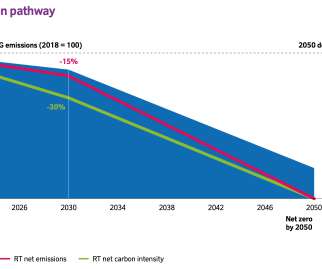
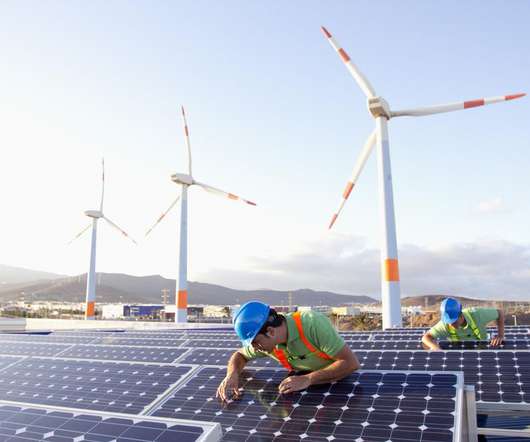


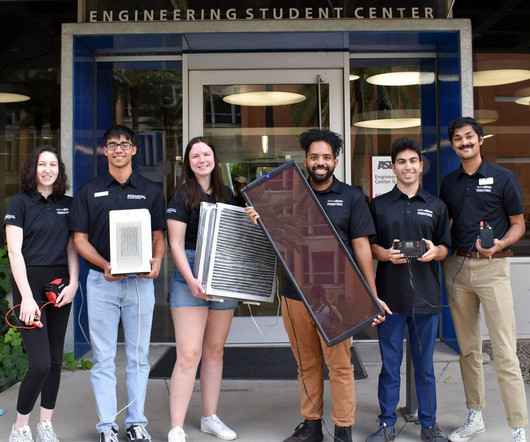



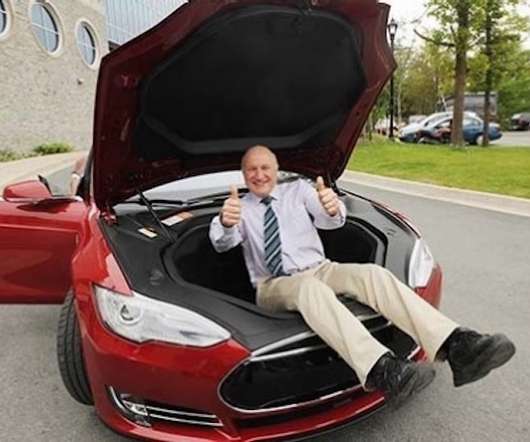








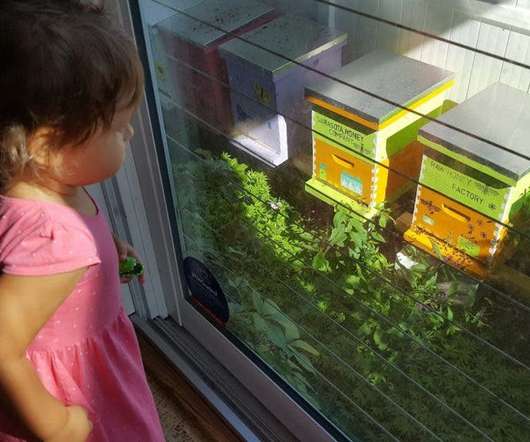




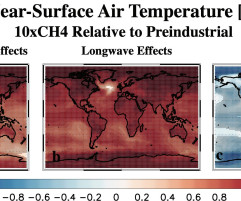


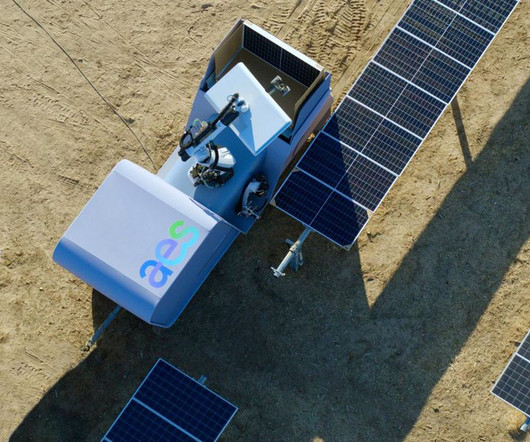
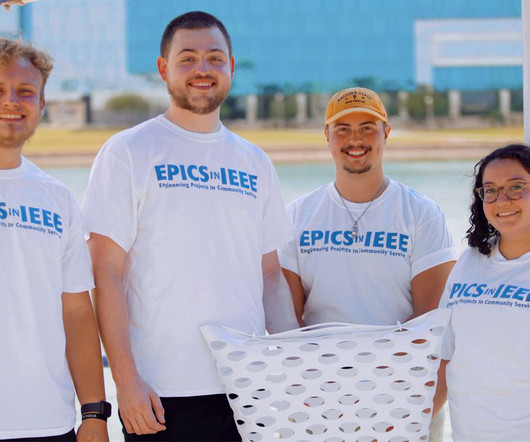




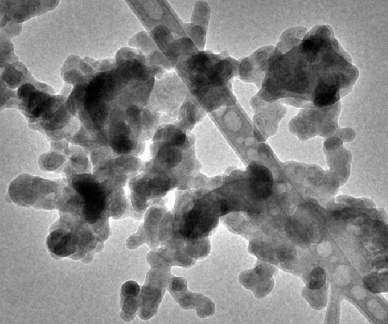














Let's personalize your content